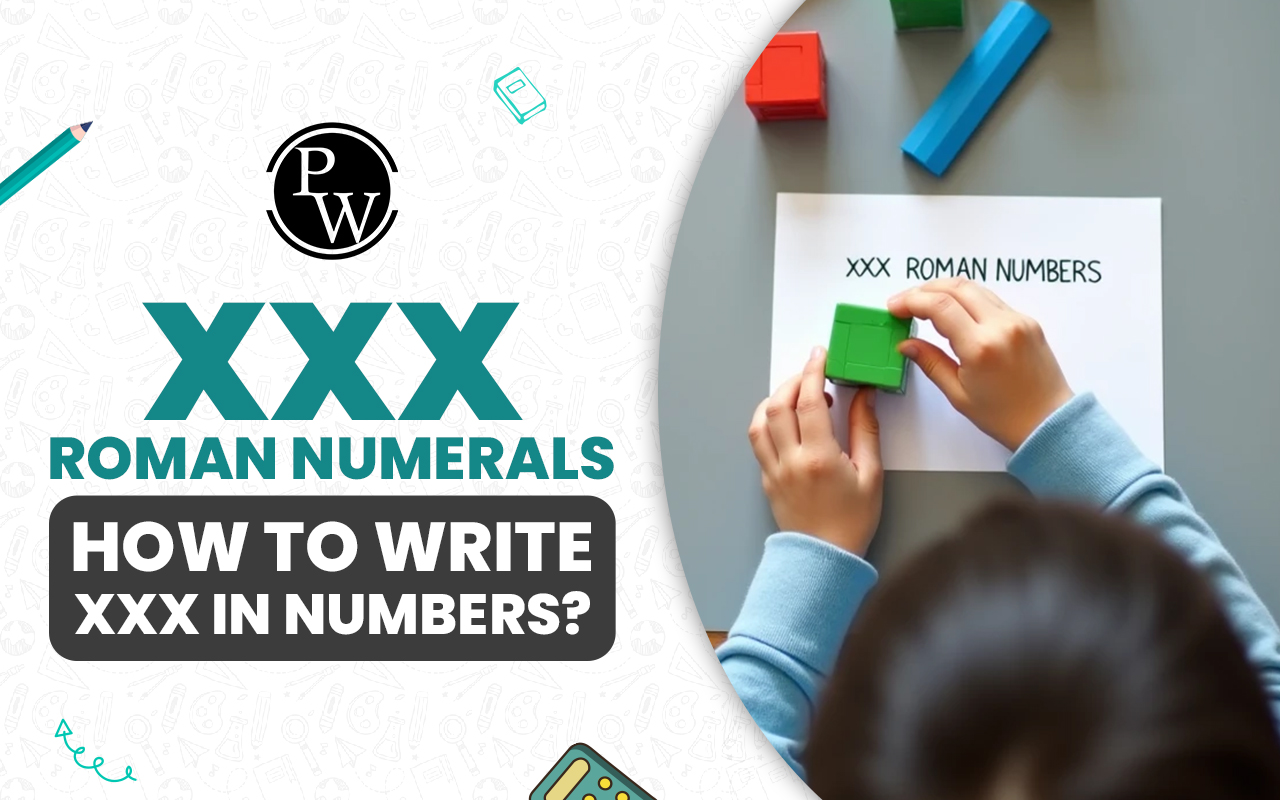
NCERT solutions for Class 5 English Marigold Chapter 4: The primary goal in developing these solutions is to enhance students' confidence in tackling questions effortlessly. These comprehensive solutions serve as a valuable resource, enabling students to efficiently navigate through more challenging questions. For those aiming to deepen their conceptual understanding, regular practice with these solutions is highly recommended.
Within Chapter 4, "Crying and My Elder Brother," you'll find precise responses to every question found in the textbook. This PDF of solutions serves as a reliable reference tool, aiding students in strengthening their grasp of the covered concepts.
NCERT Solutions for Class 5 English Marigold Chapter 4 "Crying"
This chapter discusses the importance of crying. It suggests that when you cry, it's not enough to shed just a few tears; you should cry until your pillow is wet. Our experts have carefully crafted solutions to help students understand this concept. These solutions are dependable and can be used as a helpful resource while preparing for exams.
NCERT Solutions for Class 5 English Marigold Chapter 4
NCERT Solutions for Class 5 English Marigold Chapter 4 "My Elder Brother"
In this chapter, we delve into the tale of two brothers, one aged 9 and the other 14. The older brother is serious and responsible, while the younger one is carefree and playful. Our team of experts has meticulously created all the questions in line with the CBSE syllabus. Students can utilize the provided solutions in PDF form to better understand the chapter's concepts.
NCERT Solutions for Class 5 English Marigold Chapter 4
NCERT Solutions for Class 5 English Marigold Chapter 4 Crying
1. According to the poet, should you cry a little or should you cry a lot?
Solution: The poet suggests that it's good to cry often.
2. What can you do after crying a lot?
Solution: Once you've shed many tears, you can then laugh wholeheartedly.
3. (i) Read the first two lines of the poem. Is the mood
| happy? | sad? | angry? | jealous? | upset? |
(ii) In the last few lines the mood of the poet has changed. What is it now?
| very happy | angry | cheerful | sad | jealous |
Solution:
(i) In the first two lines of the poem, the poet is sad.
(ii) In the last few lines, the poet is very happy.
4. Are these sentences right or wrong?
(i) The poet says you must not cry much. ( )
(ii) The poet says that you should cry till your pillow is soaked. ( )
(iii) The poet says that after crying you should open the window and laugh so that people will see that you are happy. ( )
(iv) The poet says that you should open the window and show people that you are crying. ( )
Solution:
(i) Wrong.
(ii) Right.
(iii) Right.
(iv) Wrong.
5. Word Building
The word ends in and comes from the word happy. Write three words that end in the same way. Which words do they come from?
_____________________ ness; __________________
_____________________ ness; __________________
_____________________ ness; __________________
Solution:
sadness – sad
happiness – happy
neatness – neat
6. Fill in the blanks with the exact word.
(i) The tourists were ___________ to see the beautiful Taj Mahal. (amazed, shocked, worried)
(ii) The lights went out suddenly. I was alone and _____________. (worried, shocked, frightened)
(iii) He has been ill for a long time and his parents were __________. (unhappy, worried, angry)
(iv) The shopkeeper was ____________when he saw his safe wide open with all his money missing. (unhappy, shocked, angry)
Solution:
(i) The tourists were amazed to see the beautiful Taj Mahal.
(ii) The lights went out suddenly. I was alone and frightened .
(iii) He has been ill for a long time and his parents were worried .
(iv) The shopkeeper was shocked when he saw his safe wide open with all his money missing.
NCERT Solutions for Class 5 English Marigold Chapter 4 My Elder Brother
1. What are the things that Munna liked to do?
Solution: Munna enjoyed playing various games like football, volleyball, kabaddi, and flying kites.
2. What did Bhaiya do all day?
Solution: Big brother spent his whole day studying. Sometimes, he repeated words and sentences many times to understand them well.
3. Why was Munna not happy with the timetable that Bhaiya made for him?
Solution: Munna enjoyed playing and felt unhappy with the timetable because it didn't leave him enough time for play.
4. How do you think Munna felt when his brother was so strict with him? Why was Bhaiya so strict with him?
Solution: Munna was sad. His older brother was tough on him because Munna loved playing games like football and volleyball non-stop due to his playful nature.
5. Whose character do you like more — Munna’s or Bhaiya’s? Why?
Solution: I preferred Bhaiya over Munna because he was responsible and cared for his younger brother. He understood his duties and respected his father's efforts in earning money.
6. After reading the letter, answer the following questions.
(i) Who has written the letter? ____________
(ii) To whom has the letter been written? ____________
(iii) Where is the writer of the letter? ____________
(iv) What is the name of his hostel? ____________
(v) On which date was this letter written?____________
Solution:
(i) The letter was written by Pratap.
(ii) The letter was written to his mother.
(iii) The writer of the letter is in his Hostel.
(iv) The name of his hostel is Krishna Boys’ Hostel.
(v) The letter was written on 10th July 2000.
7. Now, write a letter to your friend or relative in another city telling him/her about activities/events in your school.
Solution:
Rao PG Services
Venkateshwara Nigam
Mumbai
28th October 2023
Dear Rohan,
I hope this letter finds you well. I wanted to share some exciting events from my school with you! Last week, we had a fun sports day. I participated in the sack race and even won a prize! It was so much fun cheering for my classmates in the relay race too.
Also, our school organized a science fair recently. I made a volcano experiment, and it erupted just like a real one! It was awesome to see everyone's projects and learn new things. Oh, and guess what? Our class performed a play for the annual day celebration. I had a small role, but it was thrilling to be on stage in front of everyone.
I miss you a lot and wish you could have been here to join in the fun. Write back soon and tell me what's happening in your city!
Take care,
Your loving friend
Sandeep
8. Why did Oliver live in the orphanage?
Solution: Oliver didn't have a house, so he stayed at the orphanage.
9. Who was Mr. Bumble?
Solution: Mr. Bumble owned the orphanage.
10. What meals were the boys given?
Solution: The boys were served a bowl of thin soup for their meal.
Solution: Oliver asked Mr. Bumble, "Could I have some more soup, please?
12. The boys were given three meals a day. Then why were they always hungry?
(i) Because the soup they were given was never enough.
(ii) Because they worked very hard all day long.
(iii) Because the older boys drank up their soup.
Solution: They were always hungry because the soup they were given was never enough.
13. Find the words from the passage that mean the same as
(i) very hungry (para 2) ………………………….
(ii) to vanish (para 3) ………………………….
Solution:
(i) Starving is the word which means the same as very hungry.
(ii) Disappeared is the word which means the same as vanish.
14. ‘All the boys assembled in the cold stone hall.’ Here the word means
(i) moved away (ii) collected (iii) worked together
Solution: The word ‘assembled’ means collected.
15. From the word ‘assembled’ remove the last two letters. Add one letter to make a word which means a time at the school when the whole school gathers.
assembl____
Solution: The word which means a time at the school when the whole school gathers is “assembly”.
16. Give a suitable title to the passage.
Solution: Struggle of Oliver in the Orphanage.
17. To learn means to understand or to gain knowledge. To teach means to show how or to explain.
| learn | learns | learned | has learned |
| teach | teaches | taught | has taught |
Complete the following sentences using the correct form of or learn learns learned has learned teach teaches taught has taught
(i) Will you __________ me chess?
(ii) Mr Sharma _________ Class VIII.
(iii) The students have ___________ about ‘road safety’.
(iv) My sister has ___________ me how to ride a horse.
(v) I have ___________ some of the customs of India.
(vi) I ________ how to cycle when I was just four years old. assembled To learn To teach teach learn.
Solution:
(i) Will you teach me chess? (ii) Mr Sharma teaches Class VIII. (iii) The students have learned about ‘road safety’. (iv) My sister has taught me how to ride a horse. (v) I have learned some of the customs of India. (vi) I learned how to cycle when I was just four years old.18. Choose the correct word and complete the paragraph.
All the class V students of our school ______________ (were/ was) gathering in front of the Principal’s office. They _______ (were/was) going for the inter-school race. The bus __________ (arrive/ arrived) and they ___________ (leave/ left) for the stadium. The runners were ___________ (taking/ taken) to the starting point. The runners ________ (take/ took) their positions. Sir _________ (blow/ blew) the whistle. One student of our school _________ (run/ran) fast and __________ (come/ came) first. Everyone ________ (do/ did) their best and our school _______ (won/ wins) the trophy. Everyone ___________ (feel/ felt/ fell) joyous.
Solution:
All the class V students of our school were gathering in front of the Principal’s office. They were going for the inter-school race. The bus arrived and they left for the stadium. The runners were taken to the starting point. The runners took their positions. Sir blew the whistle. One student of our school ran fast and came first. Everyone did their best and our school won the trophy. Everyone felt joyous.19. Read the following sentences.
Bhaiya has been studying in the same class for two years. (for a period of time)
Munna has been flying kites since morning. (from a time in the past till the present)
Fill in the blanks using for or since.
(i) I have lived in this house ______ I was a baby.
(ii) This big jar has been in our family _______ many years.
(iii) The old banyan tree in the village has been there ________ the last 200 years.
(iv) Nobody has seen him ________ yesterday.
Solution:
(i) I have lived in this house since I was a baby. (ii) This big jar has been in our family for many years. (iii) The old banyan tree in the village has been there for the last 200 years. (iv) Nobody has seen him since yesterday.Benefits of NCERT Solutions for Class 5 English Marigold Chapter 4
NCERT solutions for Class 5 English Marigold Chapter 4 offer numerous benefits for students:- Clarity of Concepts : The solutions provide clear explanations and insights into the concepts covered in the chapter, helping students understand them better.
- Accurate Answers : Students can rely on the solutions to find accurate answers to the questions posed in the textbook, ensuring they grasp the material correctly.
- Enhanced Understanding : By studying the solutions, students can deepen their understanding of the text, themes, and literary devices used in the chapter.
- Improved Performance : Regular practice with the solutions can lead to improved performance in exams, as students become more confident in their ability to answer questions correctly.
- Efficient Preparation : The solutions serve as a valuable study resource, enabling students to prepare for tests and exams more efficiently by providing a structured approach to learning.
- Self-Assessment : Students can use the solutions for self-assessment, checking their understanding and identifying areas where they may need further practice or clarification.
- Conceptual Clarity : The solutions help students develop a strong foundation in English language and literature, fostering conceptual clarity and critical thinking skills.
NCERT Solutions for Class 5 English Marigold Chapter 4 FAQs
Q.1 What is the name of NCERT class 5 English book?
Q.2 What did Munna do all day?
Q.3 What can you do after crying a lot class 5 English solutions?
Q.4 Why was Munna not happy?
Q.5 Why Munna had tears in his eyes?












